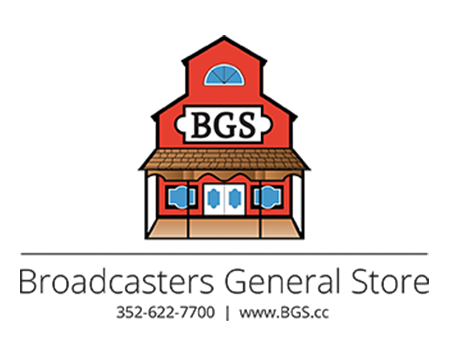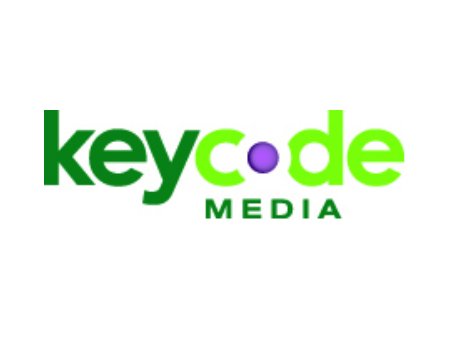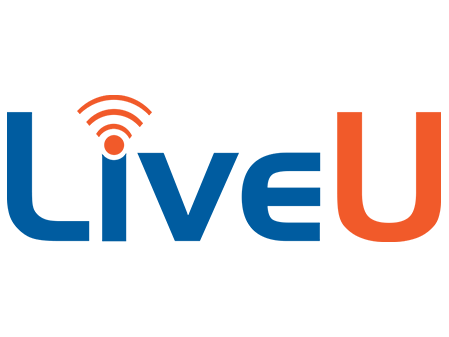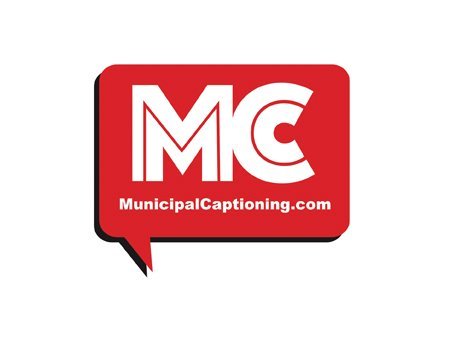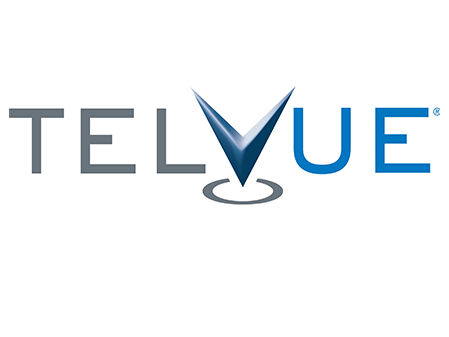Governor allows reduction of Video Service Provider Fees to Stand
but Makes subsidy permanent
July, 2019. Governor Tony Evers partially vetoed a budget provision that reduces video service provider fees by deleting the language that would have limited the taxpayer subsidy to ten years. As a result, municipalities will not see any loss in revenue, and will likely see more revenue from this source since revenue sharing is based on 2018 and 2019 video service provider income. However, it also means that this allocation will need to be renewed in every biennial budget and the law could always be changed.
For a detailed summary of the provision, go here, keeping in mind that the governor has made the subsidy permanent. All other provisions remain the same.
CITIES! Deadline to apply for revenue sharing is August 15
The amount allocated for revenue sharing in the first year (2020) is limited to $5 million. Cities need to apply for this money from the Department of Revenue and they need to provide the amount of the video service provider fee they received in 2018 and the amount of 2018 gross revenues that video service providers reported to them BY AUGUST 15, 2019 in order to qualify for revenue sharing from the state.
Governor does not veto reduction in VSP fees
WCM requested a veto from the governor of the entire provision that has decreased video service provider fees below the level federal law allows. The governor allowed the reduced fees to go forward, but made the taxpayer subsidy to municipalities permanent. Below is material WCM created to support the veto effort.
June 28, 2019
Press Release - Taxpayers to pay for cable industry windfall in the state budget
June 29, 2019
Editorial - Why is the state budget subsidizing the telecommunications industry?
Motion 50 Legislative language (LRBb0155/P1)
June 28, 2019. The Wisconsin legislature has passed a budget that includes reducing the fees cable companies and phone companies pay municipalities for the use of rights-of-way. To soften the financial blow to municipalities, taxpayers would make up for the loss in revenue for ten years. According to the motion’s description as submitted to the Joint Finance Committee, the amount is estimated to be $6 million in 2020 and $12 million in 2021 and in succeeding years. Later estimates put it at $5 million and $10 million. A budget amendment has capped the amount shared with municipalities at $5 million in 2020.
If the legislature is intent on giving video service providers this windfall, WCM believes that these companies should be required to use some of it to improve how PEG access channels are treated. This provision was tucked into the budget with no advance warning or opportunity for public discussion. We ask the Governor to veto this provision so it can go through the committee process.
Dear Governor Evers,
We urge you to veto JFC budget Motion 50 now in the state budget proposal. (See the specific language at LRBb0155/P1 or see the summary in the Legislative Fiscal Bureau Comparative Summary of Budget Recommendations under Shared Revenue Tax Relief/Direct Aid Payments #9 on page 487. ) This provision lowers the amount of fees video service providers pay to municipalities for use of public rights-of-way through a stepped process and subsidizes the loss with taxpayer revenue. We urge you to pull it out of the budget for further consideration and debate.
Federal law allows cable television franchise fees (called video service provider fees in Wisconsin law) to be 5% of video gross revenues. This motion reduces a 5% fee to 4.5% in 2020 and 4.0% beginning in 2021. This would be a 20% loss to municipalities, except that for the next ten years, taxpayers will be paying the fees companies like Charter/Spectrum would otherwise be paying.
We believe this windfall to video service providers -- $6 million in 2020 and $12 million in the years after that -- merits much more attention than it has received. This budget provision is not going to benefit cable subscribers; cable rates are unregulated and companies will charge what the market will bear. It is not going to benefit the general taxpayer; we will now be paying a charge that would otherwise be paid by video service providers. It will not benefit municipalities; after ten years, they will receive 20% to 33% less revenue from this source depending on whether they currently collect a 5% or a 3% video service provider fee. It will not benefit PEG access channels; with less revenue from video service providers, there will be less funding for these locally programmed cable channels, which provide an opportunity for local municipalities, counties, UW campuses, school districts and non-profit organizations to present programming of local interest on cable television systems and other video systems that would otherwise be closed to the public.
Please veto Motion 50 and allow Wisconsin residents and legislators time to debate whether or not it is in anyone’s interest to have taxpayers subsidize the fees cable companies should be paying and time to consider how video service providers should be improving the treatment of PEG access channels.
Sincerely…
Write the Governor - A template: Dear Governor Evers (doc)
Contact the Governor by calling 608-266-1212
Email the Governor at eversinfo@wisconsin.gov or go to https://appengine.egov.com/apps/wi/Governor/contact

